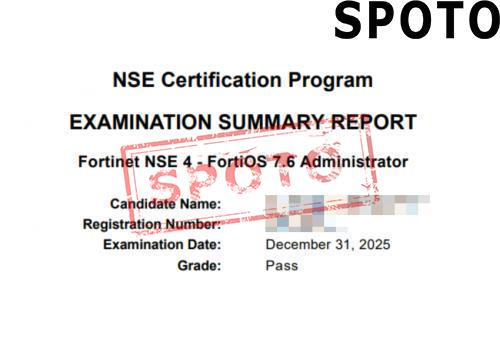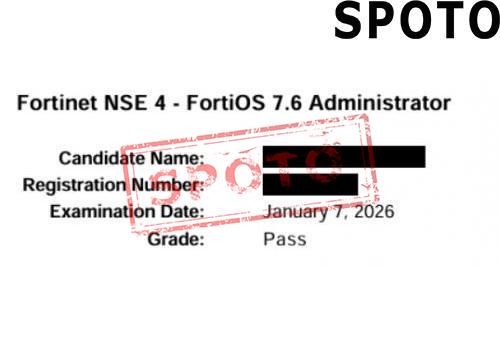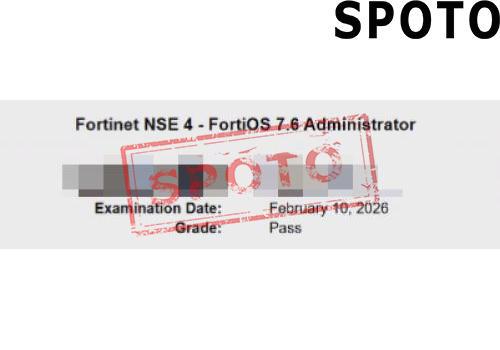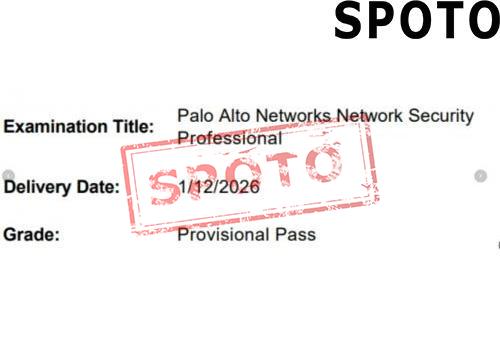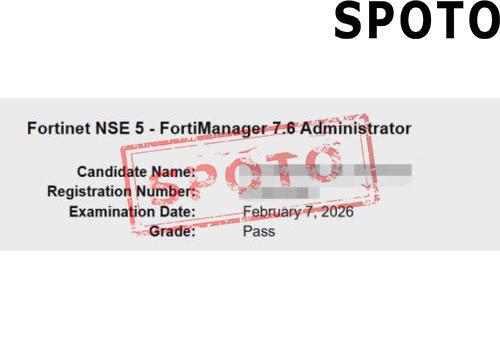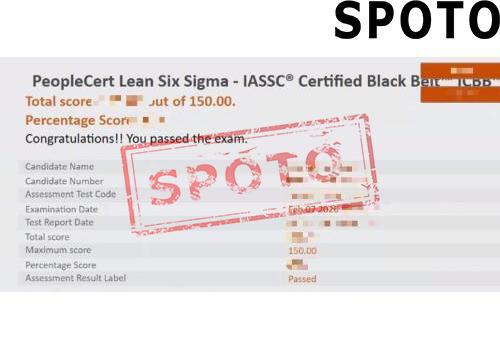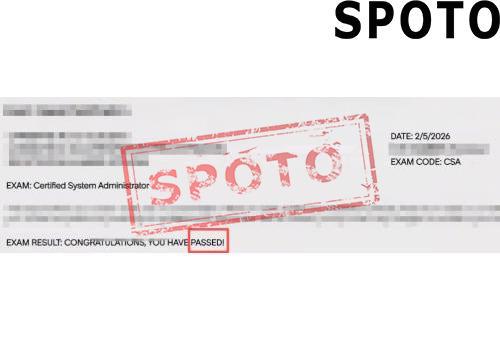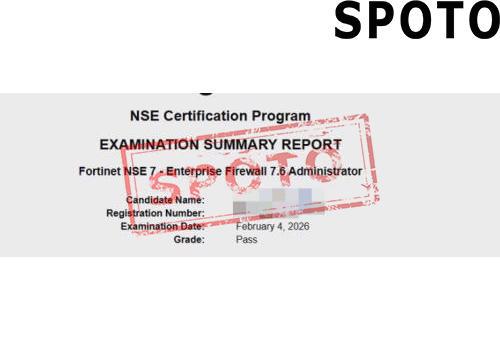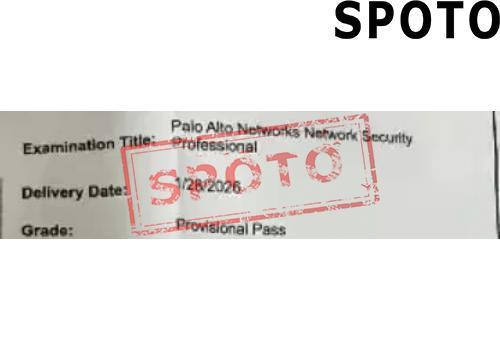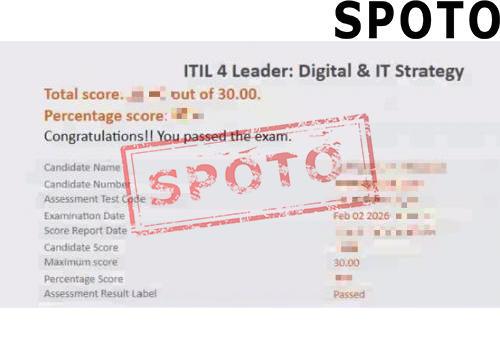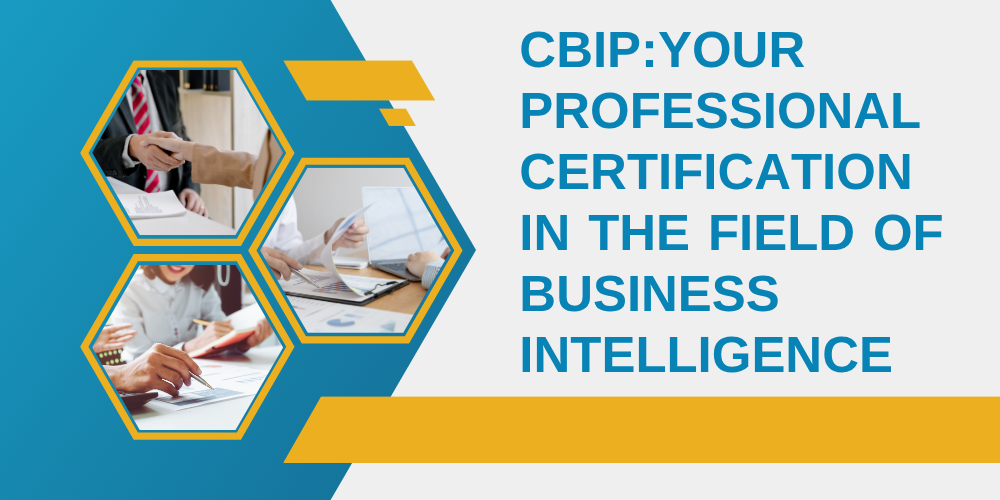
Table of Contents
- 1. Introduction to the Certified Business Intelligence Professional certification
- 2. Why Earn Your CBIP Certification?
- 3. Core Components of the CBIP Certification
- 4. What are the requirements to be a Certified Business Intelligence Professional?
- 5. Comparable Certifications to Certified Business Intelligence Professional Certification
The Certified Business Intelligence Professional Certification in the field of business intelligence is dedicated to improving your business intelligence capabilities.
1. Introduction to the Certified Business Intelligence Professional certification
Certified Business Intelligence Professional (CBIP) Certification is a highly authoritative professional certification launched by TDWI, aimed at verifying your professional knowledge, skills, and practical abilities in the field of business intelligence, and helping you better play a role in the data-driven business environment.
In today's digital age, enterprises face massive amounts of data. Extracting valuable information from this data and transforming it into insights that can guide decision-making is the key to achieving efficient operations and winning market competition. TDWI Certified Business Intelligence Professional (CBIP) Certification The core is to cultivate and certify professional talents who are proficient in the entire process of business intelligence, can stand at the strategic height of enterprises, use various BI tools and technologies, collect, organize, analyze data, and present the analysis results to decision-makers in an intuitive and effective way, thereby helping enterprises make accurate decisions, optimize business processes, and enhance competitiveness.
These professional talents are like the data "strategists" of enterprises. They have a deep understanding of the data needs of various business sectors of the enterprise. With professional BI knowledge and skills, they effectively respond to many challenges such as complex data sources, diverse analysis dimensions, and high data timeliness requirements, helping enterprises to explore the hidden business value behind data,
2. Why Earn Your CBIP Certification?
TDWI has high authority in the fields of business intelligence, data warehousing, and data analysis, and its Certified Business Intelligence Professional Certification has strong recognition in the field of business intelligence. Obtaining CBIP certification means that you have passed the assessment of professional institutions and mastered the knowledge and skills of business intelligence that meet the standards. When applying for positions involving various aspects and levels of business intelligence, you have strong competitiveness and are easily favored by enterprises.
CBIP certification focuses on the key field of business intelligence and is an important support for you to move from traditional positions such as data analysis and data management to high-level positions in business intelligence. By obtaining CBIP certification, you can broaden your career development path and often see a significant increase in salary and benefits.
The process of preparing for exams and obtaining certifications enables you to systematically and comprehensively learn various knowledge and skills in the field of business intelligence, from basic concepts to specific aspects, providing a solid knowledge platform for further in-depth research and practice of business intelligence, which will contribute to your future career development.
The technology and concepts in the field of business intelligence are updating rapidly, with new trends emerging such as the integration of artificial intelligence and business intelligence, and real-time business intelligence. Although CBIP Certification is valid for 4 years, it does not mean that you can stop learning. On the contrary, in order to keep pace with the development of the industry, you need to continue to pay attention to industry dynamics, learn new knowledge and skills, master cutting-edge practice cases such as automated data analysis using machine learning, the application of edge computing in business intelligence, and ensure that your professional ability always adapts to the changing new situation in the field of business intelligence, so as to always maintain advantages in career development.
3. Core Components of the CBIP Certification
The CBIP authentication system has built a complete knowledge system in the field of business intelligence, covering core skill modules from data management, analysis and mining to decision support and strategic implementation
Through learning, you will gain a deep understanding of core concepts such as data warehousing, ETL processes, and data quality management. You will also master data architecture design methods such as dimensional modeling and star/snowflake models, and be proficient in a complete set of analysis methods including descriptive analysis, diagnostic analysis, and predictive analysis.
Secondly, proficiently using tools such as Tableau and PowerBI, mastering report design and delivery skills, and understanding BI application scenarios and project implementation methods in industries such as finance, retail, and manufacturing will also be the content you will learn.
Finally, in order to pass the exam, you need to master the methodology of combining BI analysis results with enterprise strategy formulation, be familiar with regulatory requirements such as GDPR and CCPA, establish data security protection mechanisms, and track the application and innovation of new technologies such as AI and blockchain in the BI field.
Through systematic learning, you can proficiently apply the methodology of data-driven decision-making, build a complete data value transformation system for enterprises, effectively enhance competitiveness, help you fully grasp the complete value chain from data to decision-making, and meet the urgent demand of enterprises for composite business intelligence talents.
4. What are the requirements to be a Certified Business Intelligence Professional?
(1) Qualification prerequisites:
TDWI usually recommends that you have some work experience in data analysis, data management, or business intelligence related fields, generally requiring at least 2-3 years of relevant work experience in order to better cope with exams and apply the knowledge learned in practical work.
Although there is no strict educational requirement, having a college degree or above is more advantageous for preparing for exams, especially for those with relevant professional backgrounds.
(2) Training and examinations:
The CBIP exam usually lasts about 180 minutes, and the question types mainly include multiple-choice questions, case analysis questions, etc. It tests whether you have the corresponding professional competence by examining your understanding, application, and analysis ability of various aspects of business intelligence knowledge. The number of questions varies depending on the specific exam arrangement.
According to the official standards set by TDWI, candidates need to achieve a certain percentage of scores to pass the exam, and the score line may be slightly adjusted based on factors such as different exam batches. The exam fee is roughly around $500-800
(3) Qualification maintenance:
The validity period of CBIP certificate is generally 4 years, during which it can prove that the holder has the corresponding professional ability in business intelligence. In order to maintain the validity of the certificate, it is necessary to accumulate certain credits by participating in TDWI officially recognized continuing education activities during the validity period.
5. Comparable Certifications to Certified Business Intelligence Professional Certification
- Microsoft Certified: Data Analyst Associate
- IBM Certified Designer: IBM Cognos Analytics Author v11
- SAS Certified BI Content Developer for SAS 9
- Tableau Desktop Certified Professional
